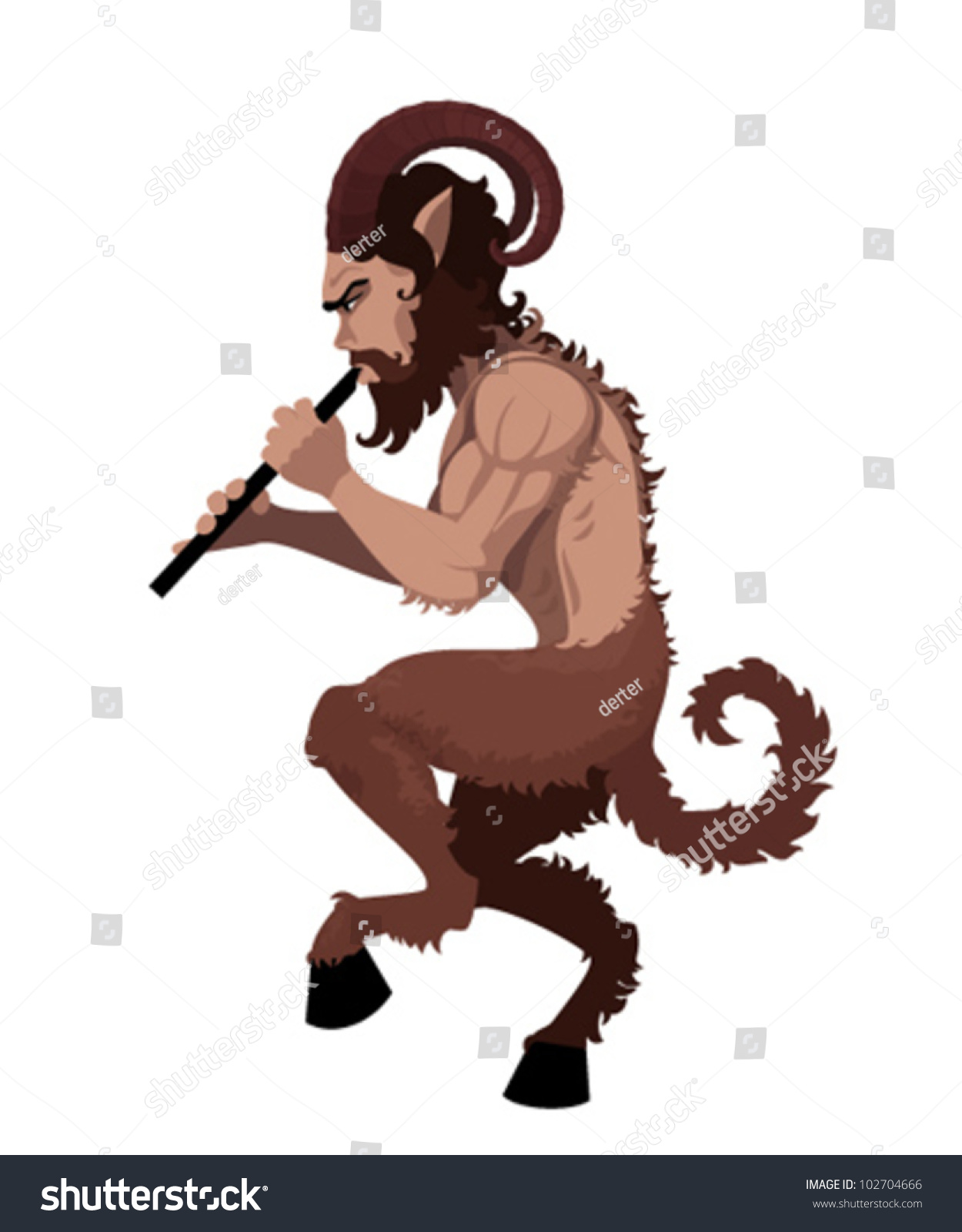

satyr
Learning targets: I can cite strong and thorough textual evidence to support analysis of what the text says explicitly as well as inferences drawn from the text, including determining where the text leaves matters uncertain.
I can analyze the impact of the author's choices regarding how to develop and relate elements of a story or drama.
I can determine the meaning of words and phrases as they are used in the text, including figurative and connotative meanings.
Essential question: why would a dramatist insert a soliloquy into a play?
Coming up: Thursday, September 22- power point review for this week's vocabulary Hamlet 2
Friday, September 23- vocabulary quiz on Hamlet 2
In class: collecting Hamlet graphic organizer for ActI,ii, up until the soliloquy
listening / watching Sir Lawrence Olivier as Hamlet performing Hamlet's soliloquy
from Act I. Sir Lawrence Olivier Hamlet Act I soliloquy
graphic organizer for the soliloquy (class handout / copy below)
listening through to the end of Act I.ii
(graphic organizer / copy below)
Name___________________ Hamlet (I.ii.129-58)
(I.ii.129-58).
O that this too too solid flesh would melt,
Thaw, and resolve itself into a dew! Or that the Everlasting had not fix'd His canon 'gainst self-slaughter! O God! O God! How weary, stale, flat, and unprofitable Seem to me all the uses of this world! Fie on't! O fie! 'tis an unweeded garden, That grows to seed; things rank and gross in nature Possess it merely. That it should come to this! But two months dead! — nay, not so much, not two: So excellent a king; that was, to this, Hyperion to a satyr; so loving to my mother, That he might not beteem the winds of heaven Visit her face too roughly. Heaven and earth! Must I remember? Why, she would hang on him As if increase of appetite had grown By what it fed on: and yet, within a month, — Let me not think on't, — Frailty, thy name is woman! — A little month; or ere those shoes were old With which she followed my poor father's body Like Niobe, all tears; — why she, even she, — O God! a beast that wants discourse of reason, Would have mourn'd longer, — married with mine uncle, My father's brother; but no more like my father Than I to Hercules: within a month; Ere yet the salt of most unrighteous tears Had left the flushing in her galled eyes, She married: — O, most wicked speed, to post With such dexterity to incestuous sheets! It is not, nor it cannot come to good; But break my heart, — for I must hold my tongue! |
1.
2.
3. Hamlet compares his father King
Hamlet to his Uncle Claudius as Hyperion to a satyr. Explain.
4. What words of Hamlet’s excuse his
mother’s behavior?
5. What was the time frame between
King Hamlet’s demise and Queen Gertrude’s remarriage?
6. How will Hamlet handle the
situation?
|
Name__________________________ Hamlet II.ii after Hamlet’s soliloquy
Hamlet has
just delivered his first soliloquy, and realizes he “must hold [his] tongue”
(I.ii.158). Now his friend Horatio makes an appearance; he will impart some
very important news.
1. What reason does Horatio give to
Hamlet for his visit to Denmark? ((I.ii.176)
2. With what does Hamlet retort as the
true reason for Horatio’s visit? ((I.ii.178)
3. PARAPHRASE* the
following said by Hamlet to Horatio:
“ Thrift, thrift, Horatio. The funeral baked
meats
Did coldly furnish forth the marriage tables”(I.ii.180-3).
*note that when you paraphrase you should as best as possible use
synonyms
________________________________________________________________________________________________________________________________________________________________________________________________________________________
4. How does Horatio describe the
apparition that has appeared to Marcellus, Bernardo and himself?
(I.ii.199-202).
5. How does Horatio describe the look on
the ghost’s face? (I.ii.232).
6. In your own words, what does Hamlet
mean when he says:
“Foul deeds will rise, /
Though all the earth o’erwhelm them to men’s eyes”(I.ii.257-58).
_______________________________________________________________________________________________________________________________________________________________________________________________________________
No comments:
Post a Comment